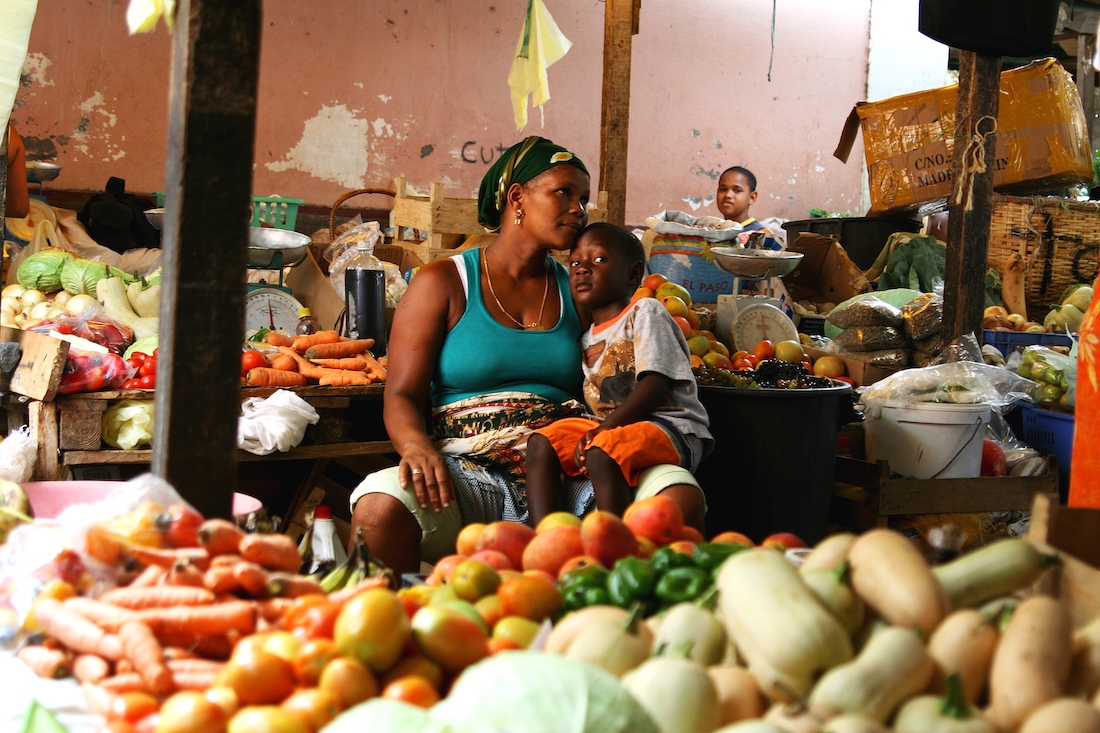Economic freedom is strongly tied to human flourishing, longevity, and even rates of survival, according to a new study. The Fraser Institute released its 2020 “Economic Freedom of the World” report on Thursday and, once again, the Canadian think tank found a strong correlation between free-market economics, prosperity, and overall levels of public health and well-being.
Academic researchers have rated 162 nations based on five criteria:
- Area 1: Size of Government—As spending and taxation by government, and the size of government-controlled enterprises increase, government decision-making is substituted for individual choice and economic freedom is reduced;
- Area 2: Legal System and Property Rights—Protection of persons and their rightfully acquired property is a central element of both economic freedom and civil society. Indeed, it is the most important function of government;
- Area 3: Sound Money—Inflation erodes the value of rightfully earned wages and savings. Sound money is thus essential to protect property rights. When inflation is not only high but also volatile, it becomes difficult for individuals to plan for the future and thus use economic freedom effectively;
- Area 4: Freedom to Trade Internationally—Freedom to exchange—in its broadest sense, buying, selling, making contracts, and so on—is essential to economic freedom, which is reduced when freedom to exchange does not include businesses and individuals in other nations; and
- Area 5: Regulation—Governments not only use a number of tools to limit the right to exchange internationally, they may also develop onerous regulations that limit the right to exchange, gain credit, hire or work for whom you wish, or freely operate your business.
There is always a two-year lag in reporting. Thus, the 2020 report measures economic freedom in 2018, the last year for which data are available.
The 10 most economically free nations in 2018 were:
-
-
- Hong Kong
- Singapore
- New Zealand
- Switzerland
- Australia
- United States of America
- Mauritius
- Georgia
- Canada
- Ireland
-
The 10 least economically free nations in 2018 were (in descending order):
-
-
- Central African Republic
- Democratic Republic of Congo
- Zimbabwe
- Republic of Congo
- Algeria
- Iran
- Angola
- Libya
- Sudan
- Venezuela
-
Once again, Hong Kong rated the most free economy in the world. However, the report clearly perceives storm clouds gathering on the horizon.
“While Hong Kong remains the most economically free jurisdiction in the world, interference from China, including the violent crackdown on pro-democracy protests, severely undermines Hong Kong’s rule of law, which helps ensure equal freedom for all,” says Fred McMahon of the Fraser Institute. McMahon authored an open letter signed by representatives of think tanks in 35 nations and territories, which supports the people of Hong Kong.
The United States and Canada moved down the lists of the most economically free nations in the world this year, but their overall economic freedom actually improved in 2018. Other nations simply improved to a higher level.
Once again, the least free country in Europe is Ukraine (131), the only European nation to fall into the bottom quartile of all nations (to rank among the “least free” nations), ranking below China (124), Vietnam (125), and Pakistan (129).
The annual report cannot rank some of the world’s most repressive nations, including North Korea and Cuba, because of the lack of reliable statistics.
Perhaps not surprisingly, the report finds that a dynamic economy produces the abundance that best sustains human dignity. Poverty rates, average per capita income, life expectancy, infant mortality, and gender equality track neatly with economic freedom. People in the least free nations were 1,854% more likely to live in extreme poverty ($1.90 a day U.S.) than those in the most free nations. The poorest 10% of income earners in the most free nations earned $10,735 a year more than those in the least free. What is true in miniature is true in aggregate. The overall population in the most free nations earned more than seven times as much money as those in the least free – but they also made nearly twice as much ($44,198 U.S.) as those in second-tier nations ($23,596).
As the data show, economic freedom, which gives people access to their daily bread, becomes a matter of life and death. Life expectancy is nearly 15 years longer in the most free nations (80.3 years compared to 65.6 years). At the beginning of life, children are 789% more likely to die in infancy in the least free nations than newborns in the most free.
The report also refutes the frequent allegation that libertarians or other small-government advocates would produce lawless, anarchic societies dominated by regional warlords. As its authors write:
A number of developing nations have a small fiscal size of government but rate low in other areas and, as a result, have a low overall rating. The lesson from this is clear: a small fiscal size of government is insufficient to ensure economic freedom. The institutions of economic freedom, such as the rule of law and property rights, as well as sound money, trade openness, and sensible regulation are also required.
“[W]eakness in the rule of law and property rights is particularly pronounced in Sub-Saharan Africa, among Islamic nations, and for several nations that were formerly part of the Soviet bloc,” the report states. “Many nations in Latin America and Southeast Asia also score poorly for rule of law and property rights.”
People of faith concerned with poverty should support giving the impoverished world access to capital. That would fulfill the plea of Pope Francis, who recently told transatlantic leaders that “[t]he human person must take its rightful place at the heart of our educational, healthcare, social and economic policies.” The data show that the human person fares best in a free-market economy.
You can read the full report here. You can see its updated global map here.
Compare this year’s ratings to 2019, 2018, and 2017.
(Photo credit: David Trainer. CC BY-SA 2.0.)

